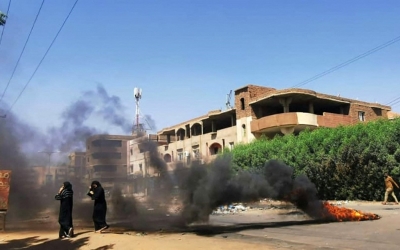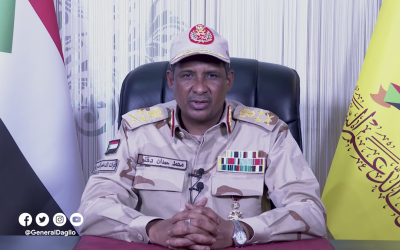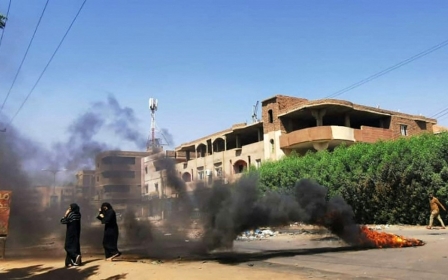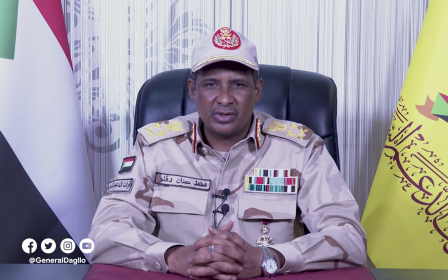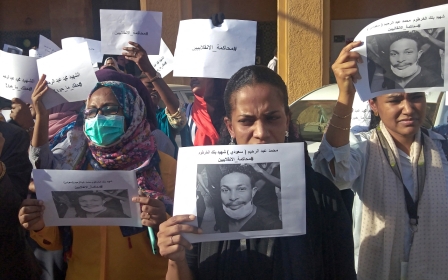Sudan coup: Internet 'must be restored' says court as blackout enters 16th day
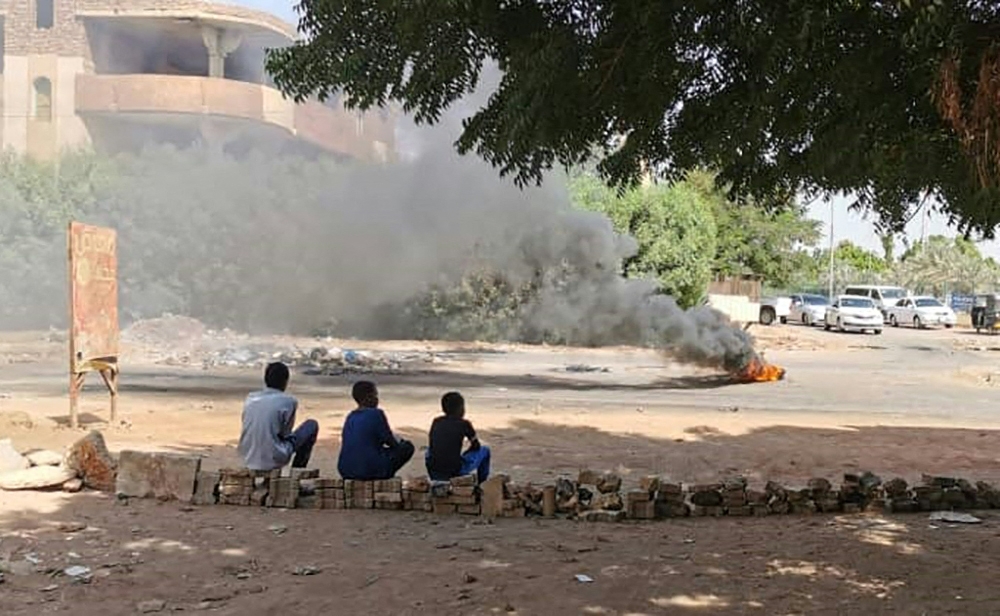
A Sudanese court ruled on Tuesday that internet services that had been cut during a military coup must be restored, a lawyer said, as the country entered its sixteenth day of a blackout.
But despite the court's directive to internet service providers, the country remained largely offline on Tuesday, according to NetBlocks, an internet-access advocacy group based in London.
A judge ordered Zain, MTN, and local provider Sudani to restore internet service immediately, according to lawyer Abdelazim Hassan, who raised a complaint on behalf of the Sudanese Consumer Protection Society.
Hassan said that the court had also ruled services should run during a possible appeals process.
Access to the internet in Sudan has largely been blocked since 25 October, the day of the widely condemned coup, while phone lines have also been intermittently disrupted.
While some Sudanese users have managed to find a connection, the blackout has made it difficult for most people to communicate, particularly with those outside the country.
NetBlocks estimates that the total economic cost of a full shutdown of Sudan's internet services for 16 days could be $732m, more than the value of the US aid paused soon after the coup.
Blackout impunity
The blackout has also meant further impunity for attacks in Darfur, said Adam Rojal, spokesman for the Coordinating Committee for Refugees and Displaced People, which records attacks in the region.
At least four people have been killed in more than 10 militia attacks across the region, with more injured and sexually assaulted, he told Reuters.
"The lack of internet is allowing them to commit so many violations without accountability," said Rojal.
"We used the internet to document and report and that would make them a little bit scared."
The blackout was also affecting camp residents economically by making it impossible for them to request or receive money from family abroad, Rojal said.
Internet promise
The coup, led by General Abdel Fattah al-Burhan, halted a power-sharing arrangement between military and civilian leaders.
Top civilian politicians were detained and Prime Minister Abdalla Hamdok was placed under house arrest.
The day after the coup Burhan blamed online media for instigating "sedition" but also promised that "the internet services will gradually return," AFP reported.
Mediation efforts have stalled, and Burhan has said he is committed to appointing a technocratic cabinet until elections in July 2023.
However, more than two weeks into military rule, while interim appointments have been made, the country is still without a cabinet, new sovereign council, or key judicial bodies.
Saturday protest
Scores of pro-democracy activists have been arrested since the coup, which triggered nationwide protests and a crackdown that left at least 14 people dead, according to medics.
Local resistance committees, which have led protests since the coup, are planning another "march of millions" on Saturday under the slogan: no negotiation, no partnership, no legitimacy.
Committee members say the internet blackout has made organising difficult, even as they use graffiti, flyers, and neighbourhood marches to get the word out.
Such tactics had helped bring out hundreds of thousands to the last major march on 30 October.
The ambassadors of the United States, Britain, and Norway met Burhan on Tuesday and told him that civilian leadership must be restored in Sudan, the three countries said in a statement following the meeting.
"We underscored the need for restoration of the Constitutional Document, and of Prime Minister Hamdok to office, as the basis for discussions on how to achieve a civilian-military partnership and civilian-led transitional government," the countries, known as the Sudan Troika, said.
Middle East Eye delivers independent and unrivalled coverage and analysis of the Middle East, North Africa and beyond. To learn more about republishing this content and the associated fees, please fill out this form. More about MEE can be found here.


